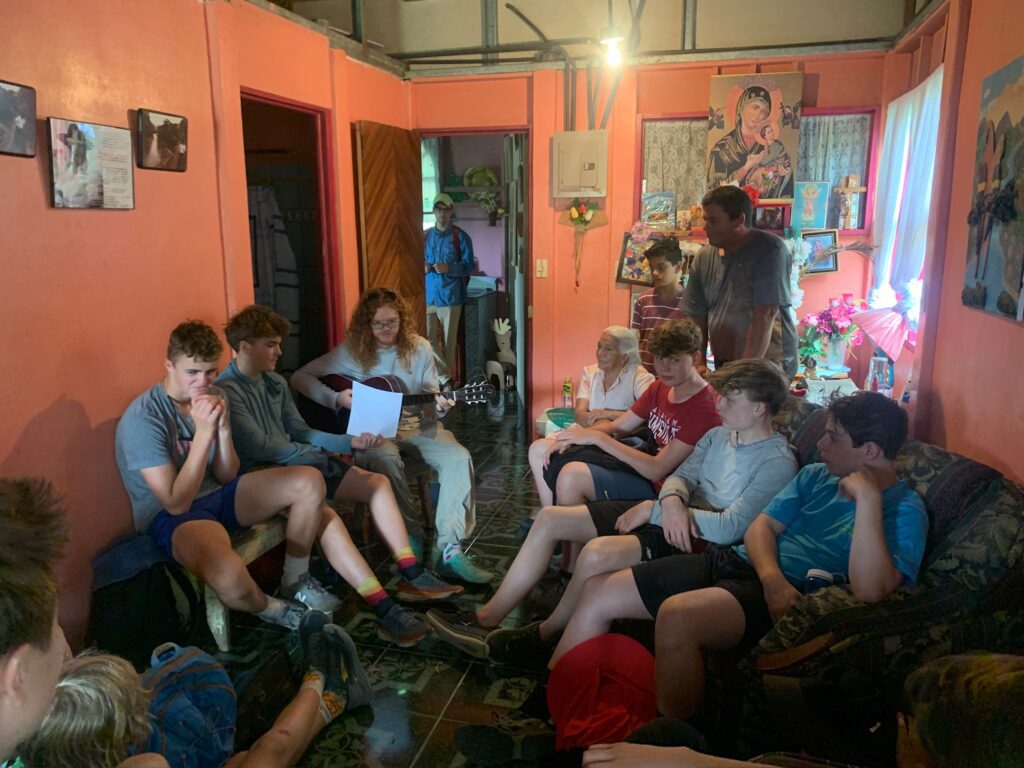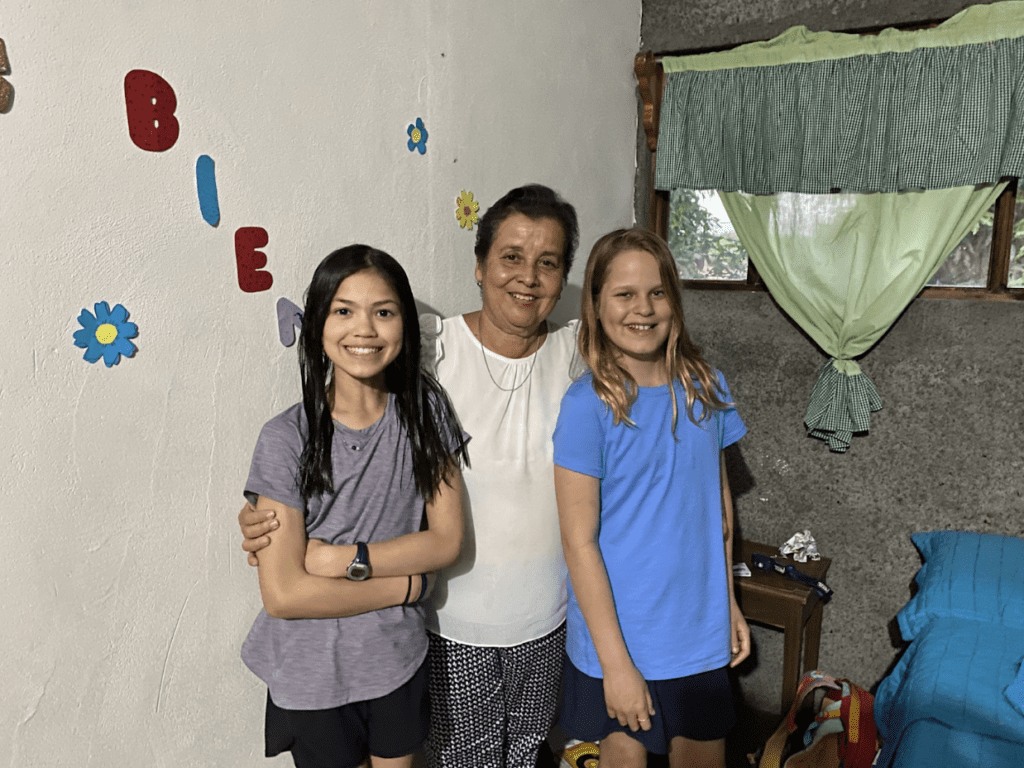By Will Yeiser, Executive Director & Co-Founder
From the day I started teaching middle school in 2002, I knew I had to create an international travel and immersion experience in a Spanish-speaking country that went beyond the confines of the traditional classroom. Most people wait until high school or college for some type of study abroad experience, but I believe the middle school years are an equally, if not more, valuable time for students to step out of their current bubble and be immersed in a new and different cultural setting. I wanted my students to have an authentic opportunity to apply their Spanish skills while gaining the critical cultural competency skills that I believed would help them be successful in our increasingly connected world. I also wanted to avoid the traditional “teen tour” version of foreign country visits that are typically led by an outside company and instead, experience an off-the-beaten-path version of the country while incorporating a meaningful service-learning component.
In 2006 when I was teaching Spanish at Asheville Middle School. I was fortunate to be able to collaborate with a travel-savvy parent to create a summer trip to Costa Rica; this turned out to be one of the best decisions I’ve ever made. From a safety lens, Costa Rica is one of the safest and most stable countries to visit in Latin America. The water is potable almost everywhere and there is very little crime and theft in the towns and rural areas.
Learning, Service, & Adventure
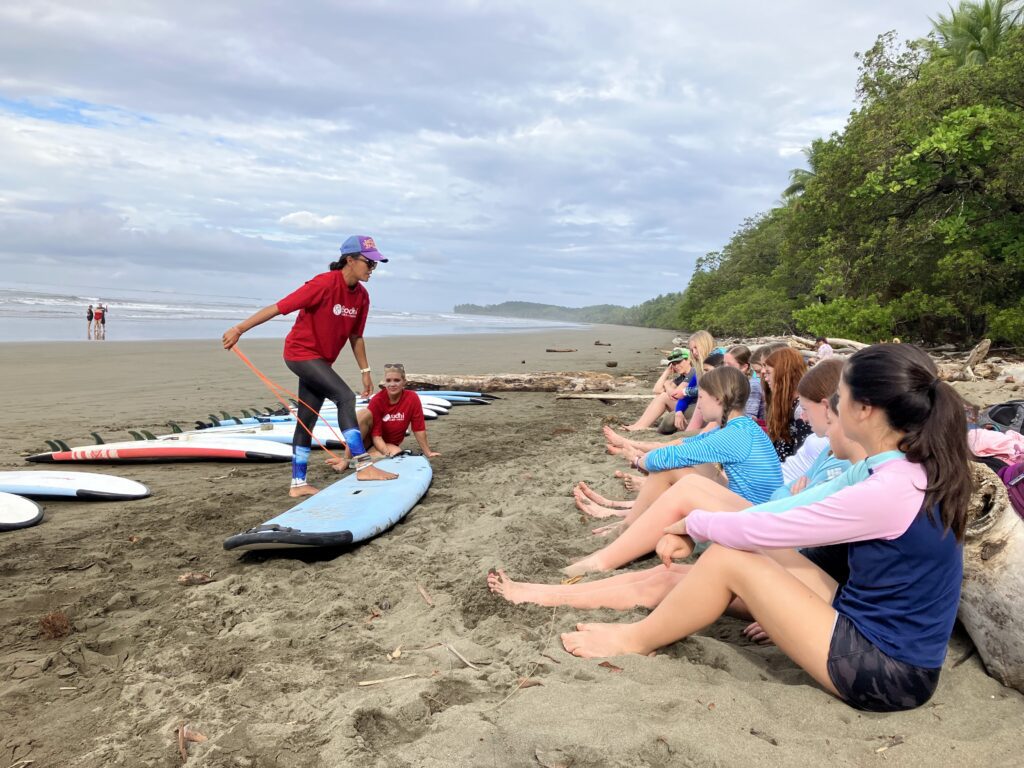
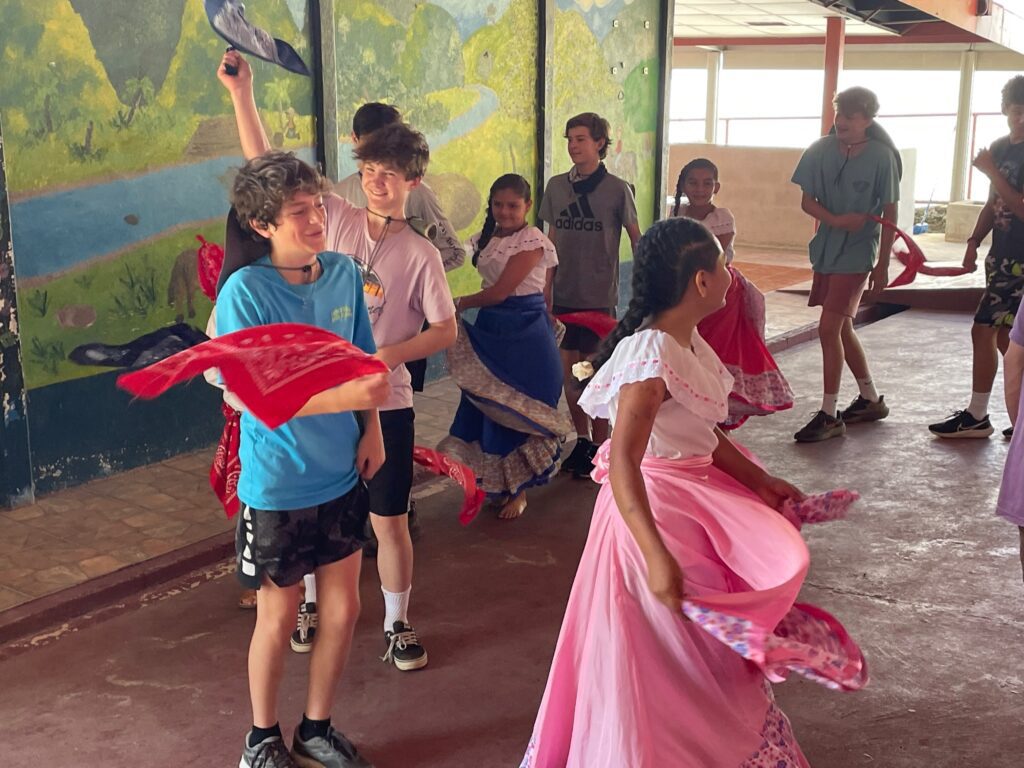
From the get-go, we decided the trip would incorporate three key elements: learning, service, and adventure. We planned a rafting trip on the Rio Pacuare, we partnered with the Peace Corps in the remote town of Cóbano in the Nicoya Peninsula to do service work with a local school there, and students would stay with local families to gain the language and cultural immersion experience. At the end of the trip, our students also had the opportunity to surf for a few days in the Pacific Ocean near the town of Mal Pais on the Nicoya Peninsula. Some of the houses we stayed in had electricity, some did not. Some students had a bed to sleep in, some did not. It was very challenging for all of us but I wanted them to have a truly “Peace Corps” like experience. I will never forget one of my student’s expressions when she found a scorpion in her bed!
The trip was an overwhelming success. The second year, David Byers and I co-led another successful trip. This collaboration also led to bigger discussions about starting a school that incorporated international travel into the curriculum and ultimately our partnership that led to the founding of the French Broad River Academy.
French Broad River Academy in Costa Rica
We modeled the first FBRA Costa Rica trips after the trips we led at Asheville Middle School, and to this day, the three pillars of the trip are still in place: learning, service, and adventure. As the school grew and we expanded our grade levels, we developed a more intentional progression for each age group. The sixth-grade trip was designed to be more of an introductory experience whereas the eighth-grade experience requires a much heavier reliance upon Spanish skills and a more demanding level of service work.
We view the Costa Rica trip as a three-year progression that produces amazing outcomes for our students. We have graduates who have attended school in Argentina, Chile, and Spain during their sophomore and junior years of high school. In addition to the language and cultural competency skills, our graduates are experts at navigating the international terminal of the Atlanta and Charlotte airports, not to mention that sprint to that Asheville connecting flight when they get hung up in customs and immigration, or even the occasional “bonus” night on the floor of a terminal or nearby hotel due to the occasional canceled flight.
A Reciprocal Relationship: “Intercambio”
One outcome that has developed over the years is our “Intercambio,” or exchange program, between FBRA and the schools in Costa Rica that host our students. In October, we hosted two groups of Costa Rican high school and middle school students in Asheville who stayed with our current families. The first group came from Centro Educativo Bilingüe New Hope in Heredia, which is near the capital of San José. The other group that came later in October was from Colegio San Rafael in the town of Atenas, located in the hills halfway between San José and the Pacific coast. While the sights and sounds of Asheville are world-renowned, the Costa Rican students consistently comment on how the highlight of their visit is the time they get to spend with their host family. This comes as no surprise since our students say the same thing after their homestay experience in Costa Rica.
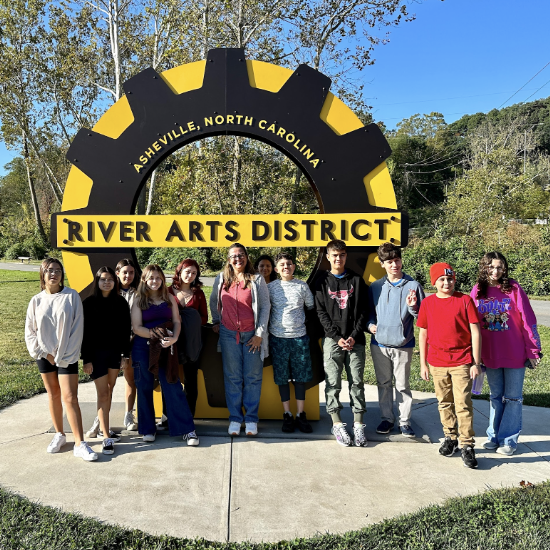
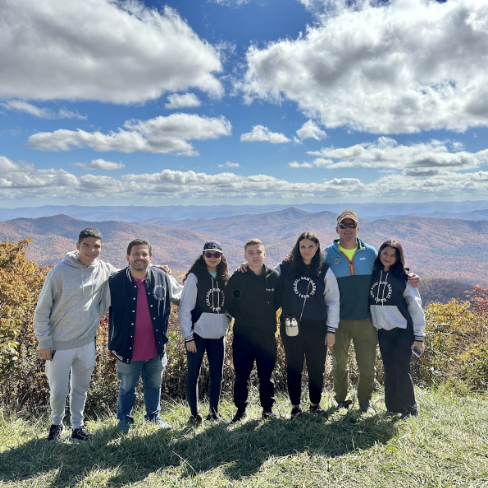
The Power of the Homestay
I will never forget talking to FBRA Boys alumnus founding class member Paul Soule after his 8th grade Costa Rica trip. We had just completed a three-day river trip on the Rio Pacuaré, and everybody was in our hotel preparing for the return trip home the next day. Needless to say, the energy level was barely containable, and, as the kids like to say, “the stoke was high.” I noticed Paul seemed a little down amidst all the excitement and I pulled him aside to ask if anything was wrong. He said something to the effect of “I loved the river trip and seeing the volcano, but I really miss playing soccer with my host brother until late into the night.”
This cemented my understanding of the value of our exchange and Costa Rica experience. As David Byers always explained, “We go to Costa Rica for the homestay.” It is the homestay experience that allows students to connect with people who look and sound different from them and to understand that we generally all share the same values. This type of learning can only be obtained through the experiential nature of our international program and it is why we incorporate it into our program for all students for all three years.
